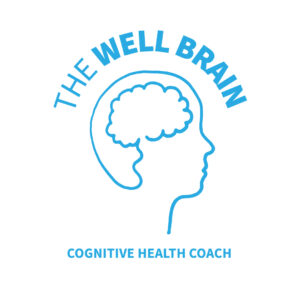All Speech Pathologist

Licensed Speech-language pathologists (SLP) have a role in TBI care to support someone to achieve their highest level of independence by regaining or maintaining functional skills and are often an essential part of Concussion, Post-concussion, and Traumatic Brain Injury (TBI) care. The role of SLPs comes at all stages in the process including advocacy, prevention, assessment, treatment, and education.
SLPs have clinical knowledge and expertise in many areas impacted by TBI including swallowing and cognitive linguistics. Cognitive linguistics includes the role of language in memory, problem solving, executive function, word finding, and attention. These areas are connected to many of the symptoms experienced in concussion/PCS/TBI, thus having an SLP as a part of your treatment team may greatly accelerate and improve outcomes in these areas leading to a much higher quality of life.
SLPs can assess hearing, speech, language, cognition, and swallowing as it relates to TBI. With their clinical expertise SLPs can then develop and implement treatment in those areas with appropriate awareness for cultural and linguistic variation. The progress, reporting, and documentation can serve individuals to determine ongoing care, outcomes, and possible referral recommendations.
SLPs are able to provide training, education and counseling within their scope of practice relating to TBI, and if necessary, augmentative and alternative communication (AAC), strategies, and other accommodations to support someone who has sustained a TBI.
SLPs are an integral part of an interprofessional team in Concussion/PCS/TBI with skills to consult and collaborate with medical team members, family members, patients/clients, and third party payers with the intention to improve care for those who have sustained TBI.
Contributed by Taryn Barlow, M.S., CCC-SLP, CBIS
